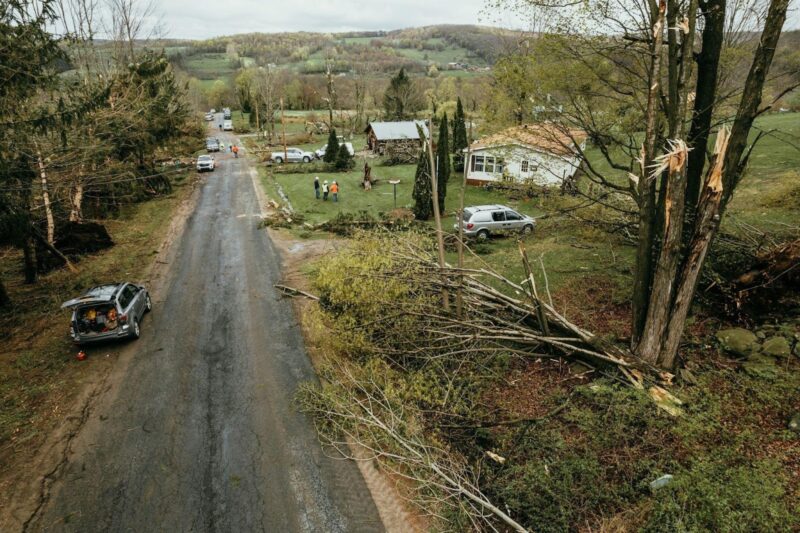
Owning a home comes with surprises, and not all of them are pleasant. Home repairs can quickly turn from a minor problem into a costly one. These seemingly small issues can harm your walls, ceilings, insulation, and your home’s structure. That’s why having a solid annual repair budget is essential. As a first-time homeowner, estimating these costs can be troublesome. Below, let’s break down what affects the cost, what signs to watch for, and how to make smart choices for repair work.
Why Annual Repair Budgets Matter
A typical homeowner spends 1% to 4% of their home’s value on repairs annually. That means if your home is worth $300,000, you should plan to spend $3,000 to $12,000 per year. This doesn’t mean you’ll face big repairs yearly, but it ensures you’re ready when something goes wrong.
Even the best-built homes need maintenance. Small issues can turn into costly repairs if ignored. For example, a minor roof leak can damage your ceiling, insulation, and walls. That’s why setting aside funds for routine and emergency fixes can save you in the long run.
Common Home Repairs and Their Costs
Do you ever wonder, “how much does roof leak repair cost?” It’s hard to estimate the price of home repairs without understanding what’s happening.

At first, they may seem like minor inconveniences: a water stain on the ceiling, a damp patch in the attic, but if left untreated, they can lead to mold, structural damage, and costly repairs. Some repairs are more common than others. Understanding these can help you build a realistic budget.
- Roof leaks: Roof leak repairs can vary, depending on the damage and location. An expert can give you an accurate estimate.
- Plumbing issues: A clogged drain may not cost a lot to fix, but a burst pipe can run you thousands of dollars.
- HVAC maintenance: Annual servicing usually costs around $130 to $300. Full replacements can cost thousands.
- Gutter cleaning: Ignoring clogged gutters can lead to water damage. Cleanings cost a few hundred dollars and save you from major damage down the line.
How to Plan Ahead and Save for Repairs
Having a plan makes all the difference. Here are some easy ways to stay ahead of repair costs:
- Follow the 1% rule: Save at least 1% of your home’s value each year for repairs.
- Schedule seasonal inspections: Check your roof, plumbing, HVAC, and gutters before each seasonal change.
- Keep emergency savings: Set aside extra funds for major issues that come without warning.
- Compare contractor quotes: Don’t settle for the first estimate. Shop around for the best value.
Why Acting Quickly Matters
Many homeowners delay repairs to save money, but that approach usually backfires. Small problems rarely stay small. They tend to spread and create new ones. Some of the most common consequences of delayed maintenance include:
- Sagging ceilings from unnoticed water leaks in bathrooms or pipes
- Mold and mildew growth in damp, poorly ventilated areas like basements and crawl spaces
- Structural damage from pests, water infiltration, or wood rot
- Foundation issues caused by clogged gutters or poor drainage
How to Choose the Right Contractor for Home Repairs
A good contractor can distinguish between a simple fix and a recurring issue. Here’s what to look for when hiring help:

- License and insurance: This protects you in case of accidents or poor workmanship.
- Experience with construction type: Some contractors specialize in certain materials or architectural styles. You should hire the one who’s familiar with your house’s style.
- Detailed written estimates: Before committing to anything, request a written estimate. You should see a breakdown of materials, labor, timeline, and total cost.
- Positive reviews and references: Ask for past customer feedback and check sites like Google or the Better Business Bureau.
- Work warranty: A reputable company will stand behind their repairs and help you if anything goes wrong.
Endnote
Being a homeowner means being prepared. Setting a home repair budget and understanding what repairs cost can help you stay in control. While the cost of repairs varies, understanding what goes into that price helps you budget wisely and avoid further damage. By spotting signs early, acting quickly, and hiring a qualified contractor, you can protect your home and save money in the long run.












